950+
Organizations use Psylaris products
7500+
Therapists use our software worldwide
100.000+
Completed sessions with our applications

Everyone is stressed at some time or another, for example due to a busy period at work or tension in the private sphere. Usually you know that this is temporary. When the pressure or tension has disappeared, the feeling of stress will also have disappeared. But when it is constantly busy at work and you are constantly under high tension, then it just goes wrong. This is a common cause in work situations.
Another cause is the experience of a traumatic event. The event makes such an impression that it is replayed over and over again in your head. If this is still the case a few weeks or months after the event, we can speak of a post-traumatic stress disorder. If this is the diagnosis, then you definitely need professional help.

There are many complaints of tension that you can suffer from. These are psychological complaints, such as not having order in your head anymore and being chaotic. The complaints also affect your state of mind. You are irritable and you get angry easily. But there can also be physical complaints, such as an increased heart rate, a different way of breathing, cardiovascular problems, muscle pain and gastrointestinal problems. Ultimately, these complaints can lead to burnout or PTSD.
If you have not yet reached the stage of burnout or PTSD, you can still do everything you can to reduce the tension. If the cause is to be found in certain problematic situations, such as too much pressure at work or problems in the relationship sphere, then you should try to solve these situations. Is the cause clearly an unprocessed traumatic experience? Then it is more difficult to do something about it yourself. Fortunately, there are plenty of professional treatments available to process a trauma and get rid of your stress symptoms.
EMDR, or Eye Movement Desensitization and Reprocessing, is a form of treatment in which the focus is not so much on your stress symptoms, but on the underlying cause. This is usually a trauma. During the treatment you have to pay attention to the hand gestures of the therapist or you have to wear headphones. The idea is that you bring up the traumatic moment in your mind. When you do this, you are distracted by a hand gesture of the therapist or by a sound signal. At that moment you do not give the trauma any attention and you do not let the moment be leading anymore. By repeating this several times and with several sessions, you will give the trauma a place. Of course you may feel emotions when thinking back to the event, but it will not cause you to feel stress anymore.
Stress nowadays does not have to be treated in the classic EMDR way in the treatment room. Psylaris products prove this. For example, Psylaris developed EMDR-remote. . This is an online platform where therapists can log in and treat clients remotely. This is an ideal solution for clients who are severely affected and, for example, can no longer go out. This way, you can still treat them and they will not be deprived of help. The practitioner has many possibilities to distract on the platform and the platform is safe to use.
Psylaris Care are the developed virtual reality possibilities. With VR glasses on, the client can be treated even better. This can be done in the treatment room itself, but also via video calling, so that the client can be treated at home. The possibilities for the therapist to use distraction tasks are even greater, because you can add your own images or videos.
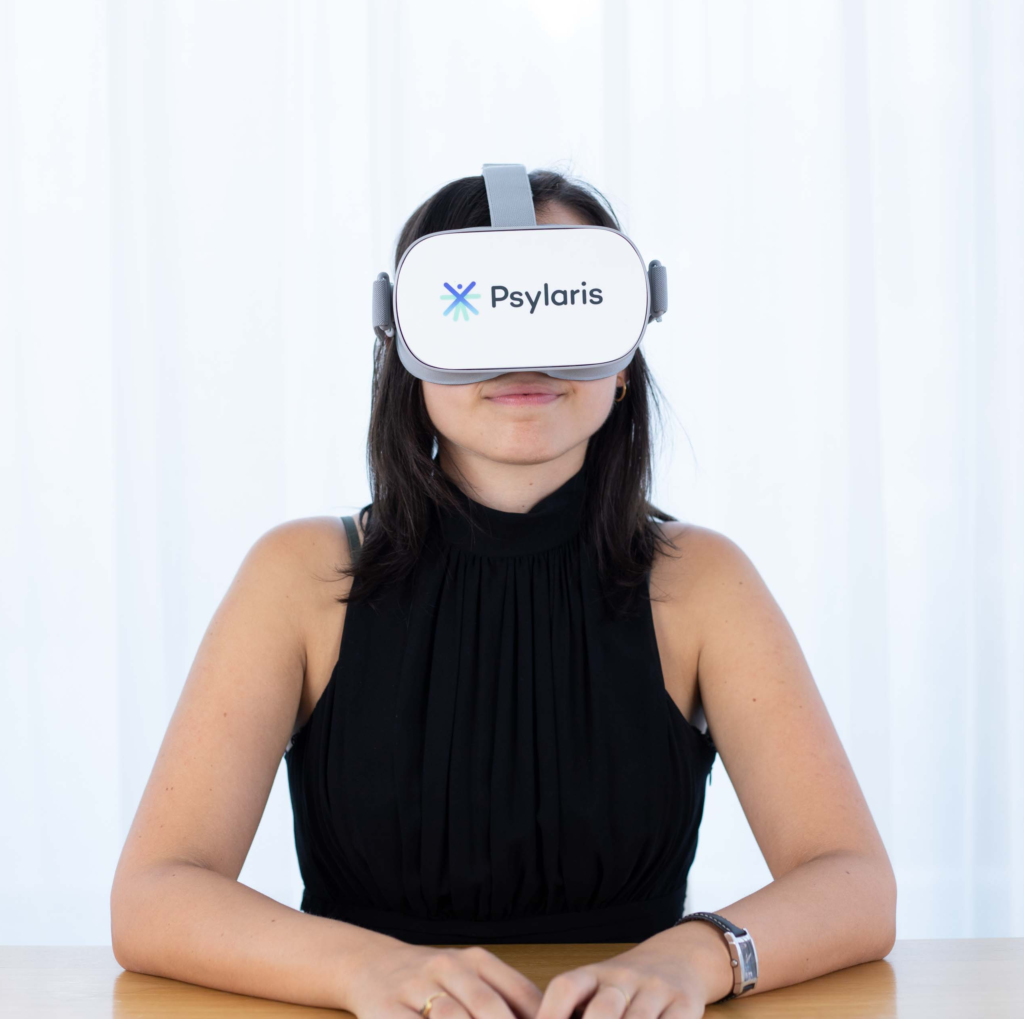
As a developer of modern methods and tools in mental healthcare, Psylaris has also made EMDR easy with modern techniques. Virtual reality, for example, plays an increasingly important role in the mental healthcare sector. With EMDR-VR and EMDR-plus, Psylaris has developed a VR-module. The module can easily be used by the practitioner and has many distraction possibilities. The client gets a more intense distraction than during a regular treatment. The VR glasses can be used both at home and in the treatment room. This makes both the practitioner and the client more flexible.
If the client is unable to come to the treatment centre, Psylaris uses EMDR-remote to make it possible to receive EMDR treatment at home. EMDR-remote is the online EMDR platform of Psylaris, where the practitioner and the client can conduct an EMDR session via video calling. Again, the practitioner has many possibilities to distract and the client, who is chained to the house, is still being treated.
We believe with the combination of intelligent software and qualified therapists we can develop a system in which everyone, anytime and anywhere has direct access to efficient and affordable psychological care.
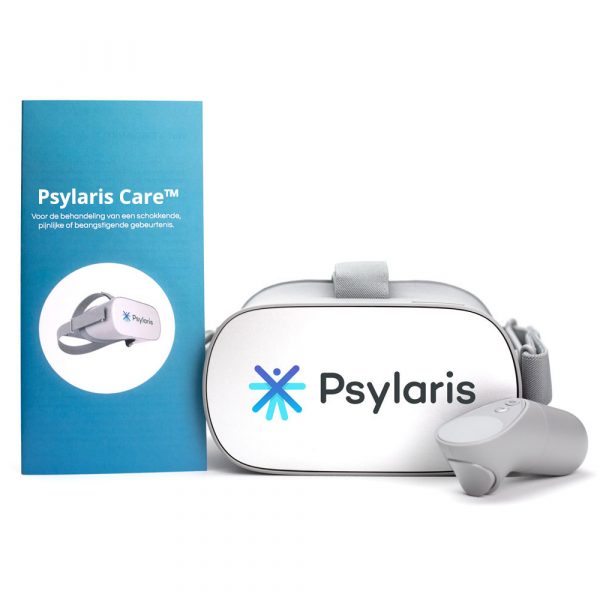
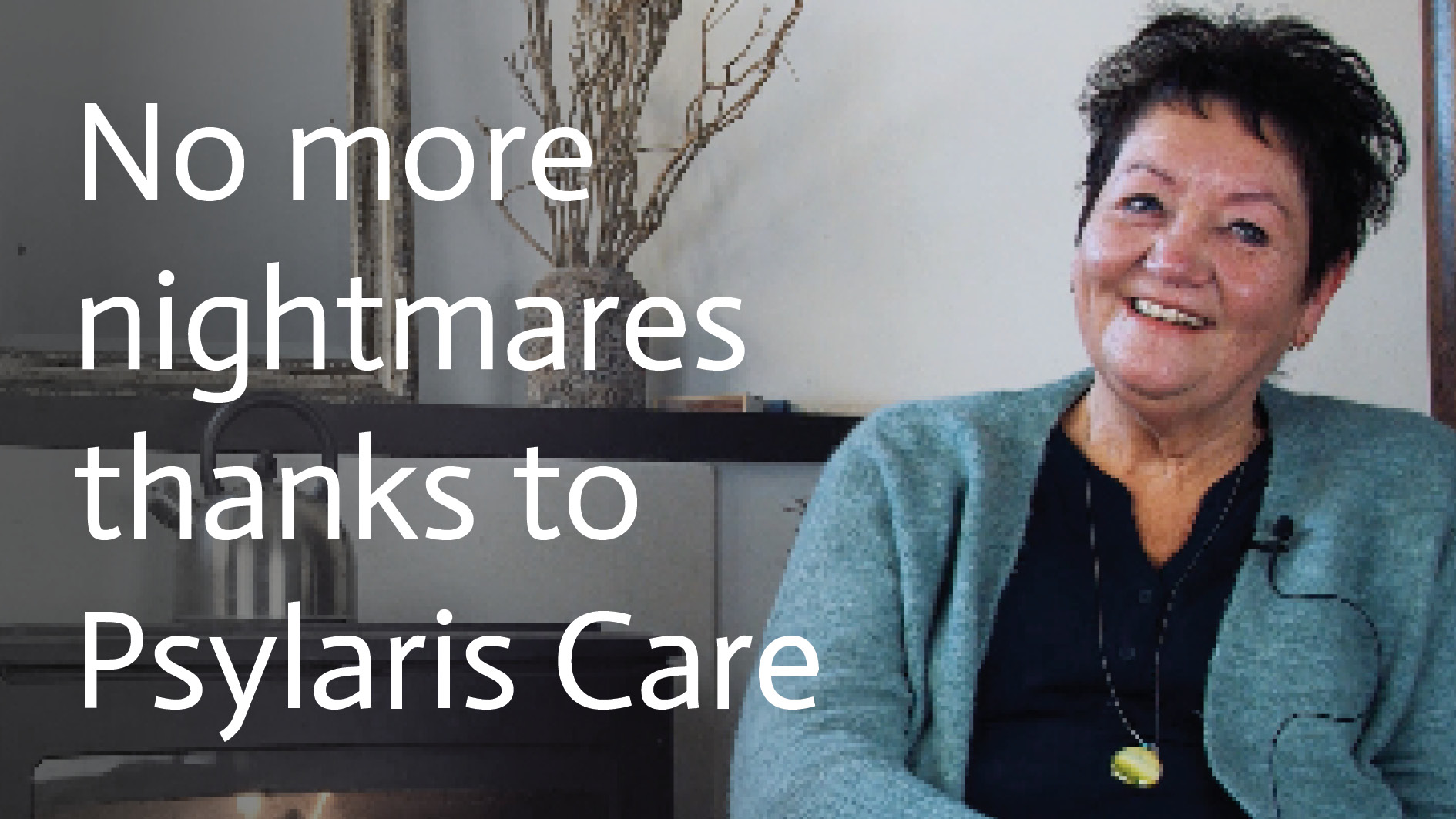
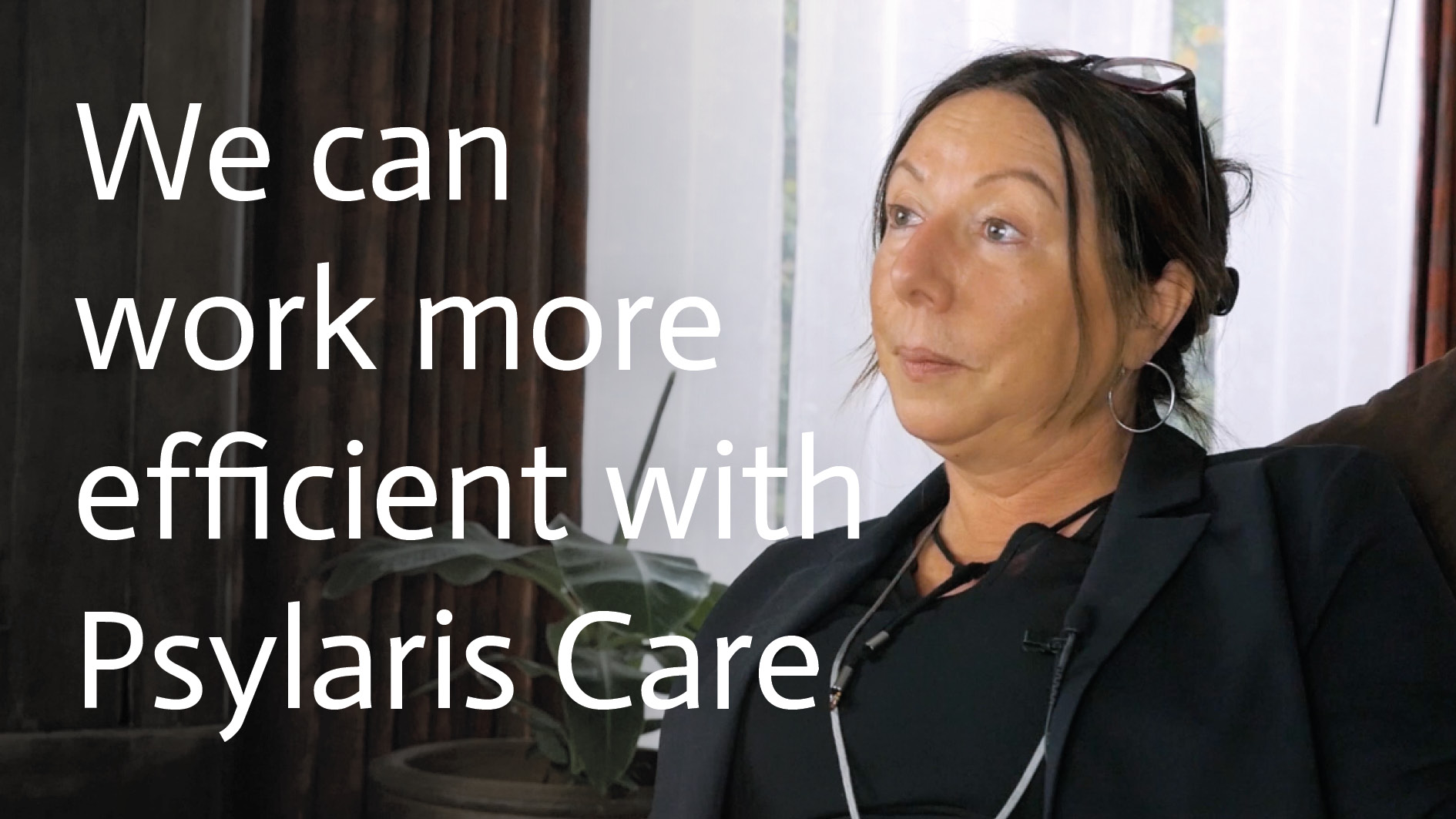
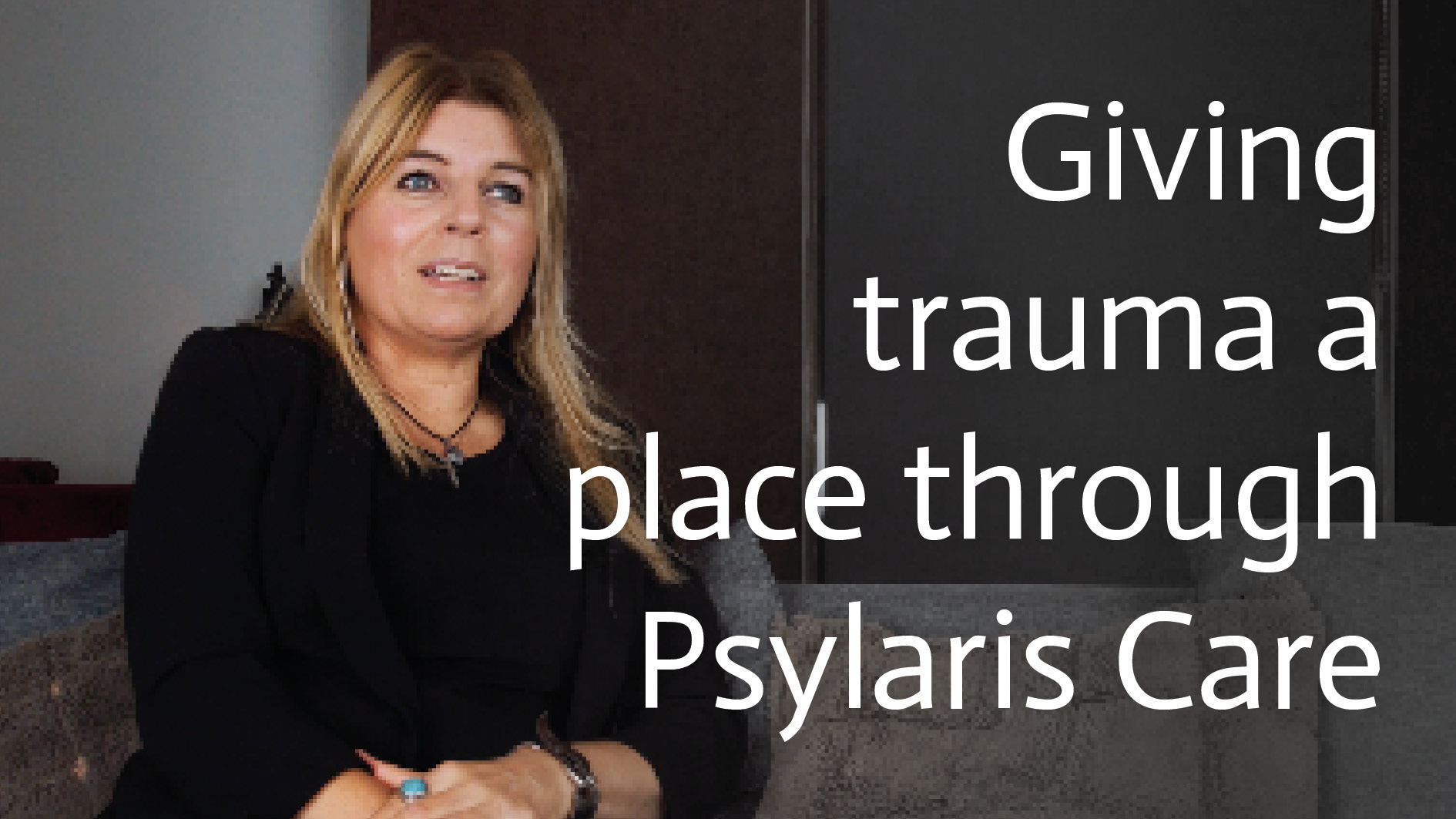
This website uses cookies to ensure that you get the best experience on our website.